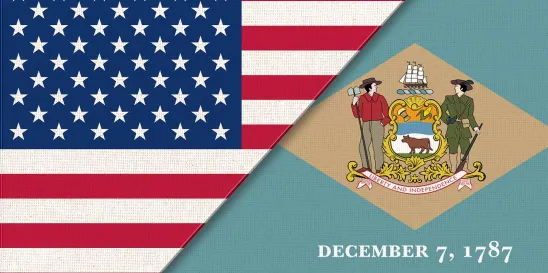The Delaware Supreme Court on Sept. 14 affirmed a summary judgment ruling against ACE (a Chubb unit), finding that the professional services exclusion in ACE’s management liability (D&O) insurance policy does not apply to bar coverage for a False Claims Act (FCA) investigation by the government against mortgage lender, Guaranteed Rate (GRI). This landmark case carries substantial precedential significance for policyholders across the nation facing False Claims Act investigations and related qui tam lawsuits, which are costly to defend and settle.
In a 23-page opinion, the Supreme Court comprehensively analyzed whether FCA allegations “arise out of” professional services and determined that they do not, finding instead that the certifications GRI made to the government about its quality control and compliance with the Federal Housing Administration (FHA) and the Veterans Administration (VA) program rules were a separate act that broke the causal chain.
By way of background, ACE sold GRI a primary D&O insurance policy that agreed to pay for loss that GRI becomes legally obligated to pay by reason of a claim for “any error, misstatement, misleading statement, act, omission, negligent, or breach of duty actually or allegedly committed by” GRI. As relevant here, the policy contained what is commonly known as a “professional services” exclusion, which excluded coverage for loss “arising out of” GRI’s rendering or failure to render professional services.
GRI is a mortgage lender whose professional services include originating and underwriting loans for borrowers. GRI is also an approved lender in the federal government’s Direct Endorsement mortgage insurance program, which requires GRI to certify to the government that loans meet FHA and VA program rules.
In 2019, the federal government initiated an investigation against GRI for alleged FCA violations after a whistleblower alleged that GRI originated and underwrote federally insured loans that did not meet program guidelines. GRI tendered the claim to ACE, which denied coverage under the professional services exclusion. ACE argued that the FCA claim “arose out of” GRI’s professional services and was therefore excluded under the policy. Relying on Delaware courts’ liberal interpretation of the term “arising out of,” ACE argued that “but for” GRI’s professional services, the FCA claims would not exist. The Delaware Superior Court ruled in GRI’s favor on both a motion for judgment on the pleadings and again on summary judgment. ACE appealed the rulings to the Delaware Supreme Court.
The Delaware Supreme Court disagreed with ACE and affirmed the trial court rulings. In a unanimous decision, the court held that “[t]here is ‘no causal connection’ between the failure to perform professional services and the damages alleged by the government.” The court emphasized that the term “arising out of” requires a meaningful linkage – not just a tangential one. A meaningful linkage was missing here because the FCA allegations were not based on any failure to perform professional services, but rather on false certifications – which interrupted the “but for” causal chain.
In reaching its decision, the Supreme Court adopted the of reasoning of other courts, including Iberiabank Corp. v. Illinois Union Insurance Co., 2019 WL 585288 (E.D. La. Feb. 13, 2019), aff’d, 953 F.3d 339 (5th Cir. 2020), in which Chubb successfully argued that FCA claims involving false loan compliance certifications did not qualify as professional services. In Iberiabank, Chubb had issued a professional services (E&O) policy agreeing to cover loss for any claims arising out of Iberiabank’s rendering or failure to render professional services. Thus, taking a contradictory position in Iberiabank meant Chubb again avoided coverage.
The court noted that while Iberiabank was not pertinent as a matter of judicial estoppel, it did bear on how Chubb (ACE) has interpreted “professional services” under similar policies in similar circumstances.
This decision has several implications for policyholders across all industries. First, policyholders facing FCA claims should consider closely analyzing both their D&O and E&O policies to evaluate whether coverage may be available under either or both policy types. Second, regardless of the type of claim or policy at issue, this case may serve as precedential authority for interpreting the term “arising out of” – a common term used across all policy types. Third, policyholders should be aware of positions previously taken by insurers involving similar policies and similar circumstances – as such positions could provide great insight into how the insurers have interpreted key policy provisions.





 />i
/>i
